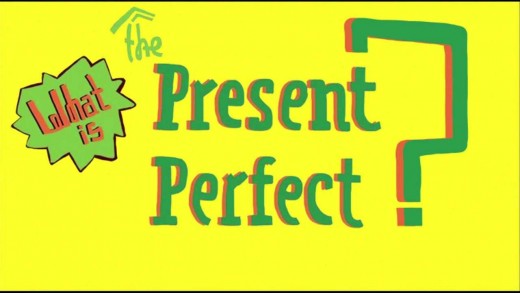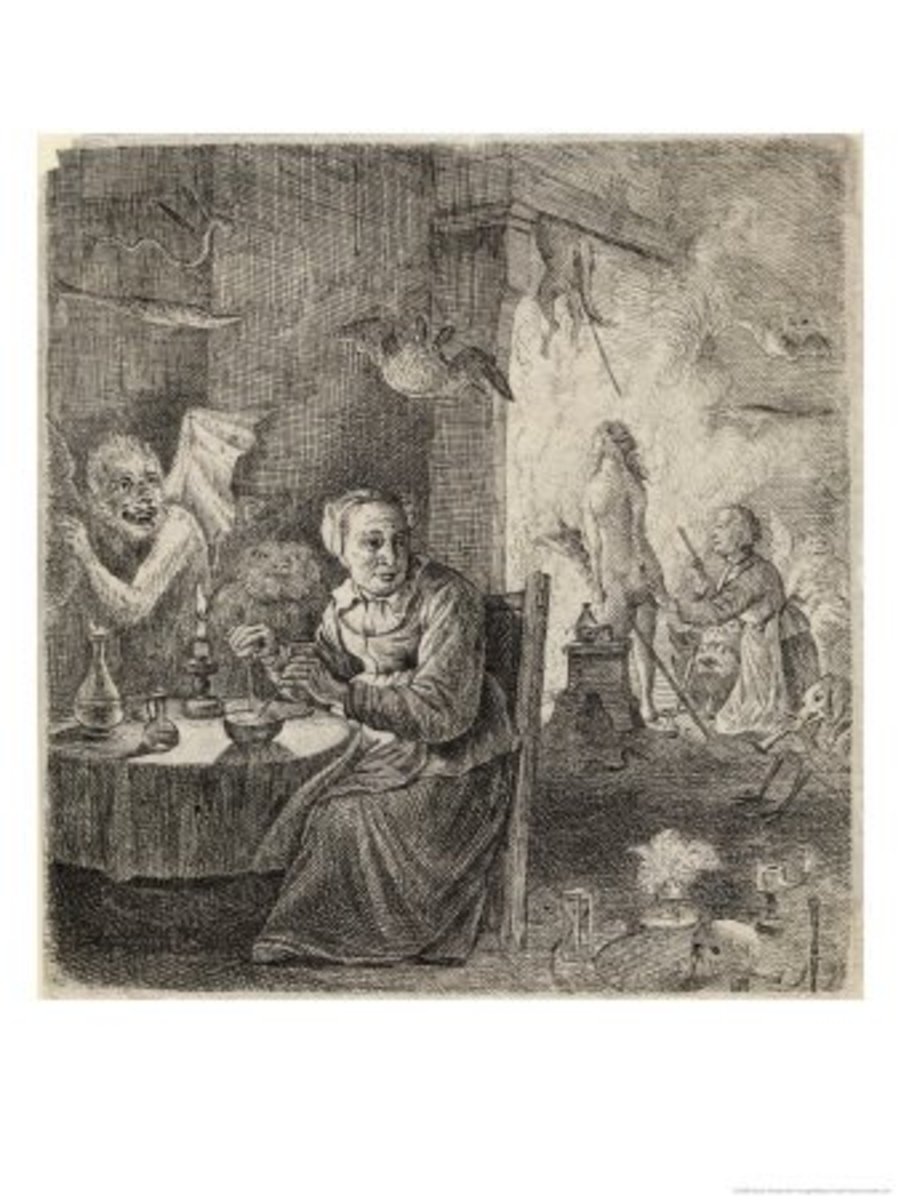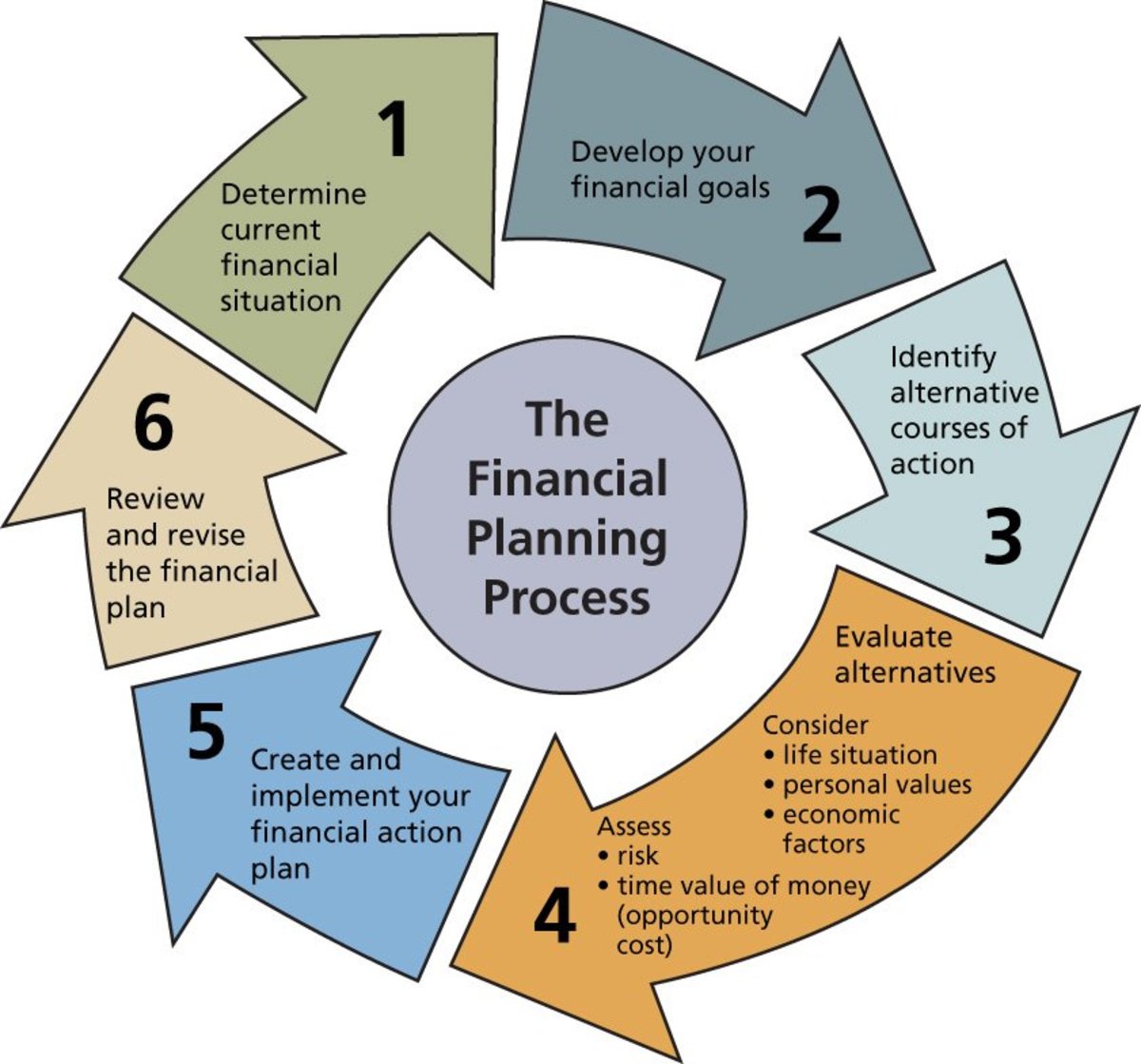Learning English: Present Perfect Simple


What is it?
The Present Perfect Simple is a commonly used tense in the English language that does not appear in many other languages. It is used to describe a thing which started in the past and have either just finished or are still continuing in the present. This article will look at the present perfect simple (There will be another article for present perfect continuous soon)
It can often be confused with the past or present tenses. I'll give you an example:
I went to the hair dresser's to have my hair cut. The lady who cut my hair was from Bulgaria and we started talking. I asked her for how long she had been living in London. She replied: "I am living in London for 6 years now". She used the present cont. which implies in this case that her fixed arrangement is to live in London for 6 more years. Because of her mistake it became future. She wanted to say "I have been living in London for 6 years" This is present perfect continuous and would have made more sense.
If you're wondering: "Did I correct her?" The answer is: No I did not! I choose not to correct people's mistakes when they have sharp things in their hands and could either destroy my hair or worse kill me haha

Form
The form of present perfect uses the verb 'to have' as an auxiliary.
Subject + have/has + past participle
*Subject (I, you, we, they + have) (He, she, it +has)
*Past Participle is the third column on the charts
Example: I have been to Paris
Negative I have not (haven't) been to Paris
Question: Have you been to Paris (Have/has + subject +past participle)

How is it used?
Well like I said before it connects a moment in the past to the present (like a piece of string) and the line unfinished, or recently finished.
Compare these two sentences:
1) I have never been to Thailand
2) William Shakespeare never went to Thailand
Sentence 1) uses the present perfect and this sentence is talking about my life. My life is not finished I'm happy to say (I'm still alive) and therefore the present perfect is used to link the start of my life (when I was born) to the present. I also have the opportunity to go to Thailand tomorrow if I want. (No, I'm not telling you how old I am)
Sentence 2) uses the past simple here. We used the past simple to say that the time is complete or finished. In this case you are talking about Shakespeare's life. This sentence implies that Steve's life is complete and therefore can no longer go to Thailand. In other words in this sense Steve is probably dead.
It does not have to be as dramatic as life and death. Compare these two sentences:
1) I saw Steve 5 minutes ago
2) I have seen Steve since Monday. (Today is Wednesday)
Sentence 1) uses the past simple. 5 minutes ago is in the past and has finished. 'ago' is a past expression and this sentence shows us that you can no longer see Steve.
Sentence 2) uses the Present Perfect and means the last time you saw Steve was Monday. From that point in the past to the present you have not met or seen Steve and you can't see him now. This connects the point in the past to the present.
Time expressions
These expression CAN NOT be used with the present perfect
- one month ago
- two years ago
- last month
- yesterday
- when I was five years old
These CAN be used with the present perfect
- over the last week
- Today
- This week
- Since I was five years old








